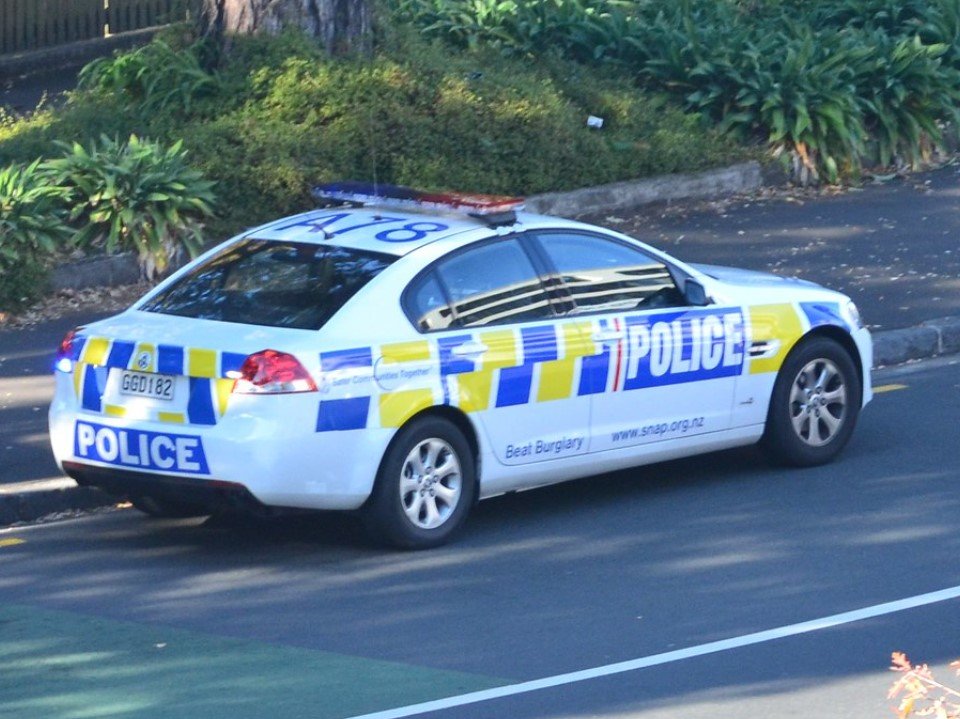In a significant operation, Auckland authorities dismantled an organized crime group involved in large-scale cannabis cultivation, resulting in the deportation of eleven individuals and the seizure of $18 million worth of cannabis.
Last week, police conducted searches across 30 properties in Counties Manukau, Auckland City, and Waitematā districts. These homes were transformed into advanced indoor cannabis growing facilities, showcasing the group’s extensive operations.
Acting Detective Inspector Greg Brand revealed, “We discovered approximately 3,385 cannabis plants at various growth stages and 48kg of dried cannabis. This level of cultivation indicates a highly organized and profitable enterprise.”
The meticulous setup included sophisticated irrigation systems and concealed electrical installations, highlighting the group’s commitment to maximizing production while avoiding detection.

Swift Deportations and Legal Actions
Following the raids, eleven Vietnamese nationals were arrested. Most of them were residing in New Zealand illegally, prompting Immigration New Zealand to deport them back to Vietnam.
“These individuals have been removed from New Zealand and returned to their home country,” Brand confirmed. “Our collaboration with Immigration ensures that those exploiting their work visas are promptly dealt with.”
The deportations underscore the authorities’ commitment to maintaining law and order, particularly concerning migrant communities that might be vulnerable to exploitation by criminal organizations.
Financial Blow and Illegal Electricity Theft
The financial impact of the seizure is substantial, with $18 million worth of cannabis destroyed. Additionally, authorities uncovered that millions of dollars’ worth of electricity were being stolen to power the growing operations.
“Not only is cannabis cultivation illegal, but the way these operations are set up also poses severe safety hazards,” Brand warned. “The properties were heavily modified with dangerous electrical setups, creating significant fire risks.”
Financial and Operational Breakdown
| Aspect | Auckland Operation | Australian Counterparts |
|---|---|---|
| Number of Properties | 30 | 25 |
| Cannabis Plants | 3,385 | 3,000 |
| Dried Cannabis Seized | 48kg | 45kg |
| Estimated Value | $18 million | $15 million |
| Nationality of Operatives | Vietnamese | Primarily Vietnamese |
| Additional Illegal Activities | Electricity theft, safety violations | Similar infrastructure issues |
This comparison highlights the scale and similarities between Auckland’s operations and those recently uncovered in Australia, emphasizing the transnational nature of these criminal activities.
Organized Crime Links and Regional Impact
Brand noted that the tactics used by the Auckland group are reminiscent of operations in Australia, where criminal networks, predominantly led by individuals of Vietnamese descent, manage numerous indoor cannabis grow houses.
“These syndicates are deeply connected to larger gang networks,” Brand explained. “Cannabis remains a lucrative source of income, funding various other illegal activities.”
The interconnectedness of these groups across regions poses a significant challenge for law enforcement, requiring coordinated efforts to effectively dismantle their operations.
Ongoing Investigations and Future Steps
Police are not ruling out further arrests as investigations continue. The sophisticated methods and extensive networks of these groups suggest that fully dismantling them will require sustained and comprehensive efforts.
“While we’ve made significant progress, there’s still more work to be done to ensure these syndicates are completely eradicated,” Brand stated. “We’re committed to protecting our communities and preventing these illegal operations from thriving.”
Authorities are also enhancing monitoring and regulatory measures to prevent similar incidents. By tightening control over rental properties and increasing surveillance in known hotspots, the police aim to stay ahead of organized crime groups.
Community Safety and Preventative Measures
The use of modified rental properties for illegal cannabis cultivation raises serious safety concerns for local communities. The unauthorized electrical installations not only pose fire hazards but also indicate the lengths to which these groups will go to maintain their operations.
Residents in affected districts have expressed their worries about the potential dangers of such illegal activities. The police assure the public that they are taking all necessary steps to address these issues and safeguard the community.
Recommended Preventative Measures
- Enhanced Training: Staff should receive comprehensive training on identifying and reporting suspicious activities related to cannabis cultivation.
- Supplier Verification: Establishing a reliable and verified supply chain is crucial. Regular audits and checks can help ensure that suppliers adhere to strict standards.
- Clear Labeling: All ingredients, especially those with psychoactive properties, must be clearly labeled and stored separately to avoid confusion.
- Customer Awareness: Restaurants should inform customers about potential allergens and special ingredients, allowing them to make informed choices.
Famous Yeti’s Pizza is leading the charge by implementing these measures and encouraging other businesses to follow suit. “We’re committed to learning from this mistake and making sure our customers feel safe and informed,” Richards added.
Jane Smith is a seasoned article writer specializing in cannabis-related content. With a keen focus on the latest trends, research, and developments in the cannabis industry, she brings a fresh perspective to her writing. Jane’s insightful articles delve into the medicinal benefits, legalization efforts, and evolving culture surrounding cannabis. Her engaging storytelling and informative approach make her a trusted source for readers seeking accurate and up-to-date information on all things cannabis.








